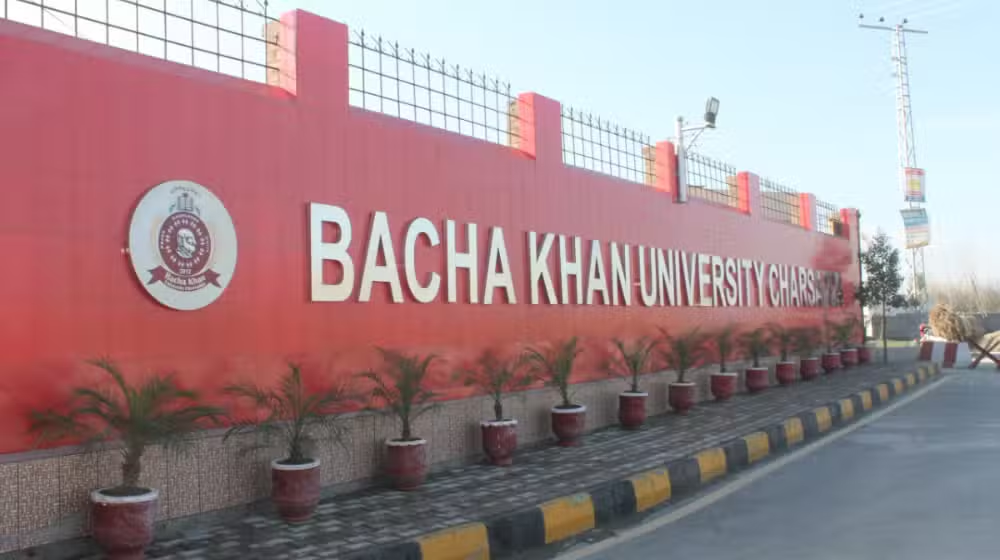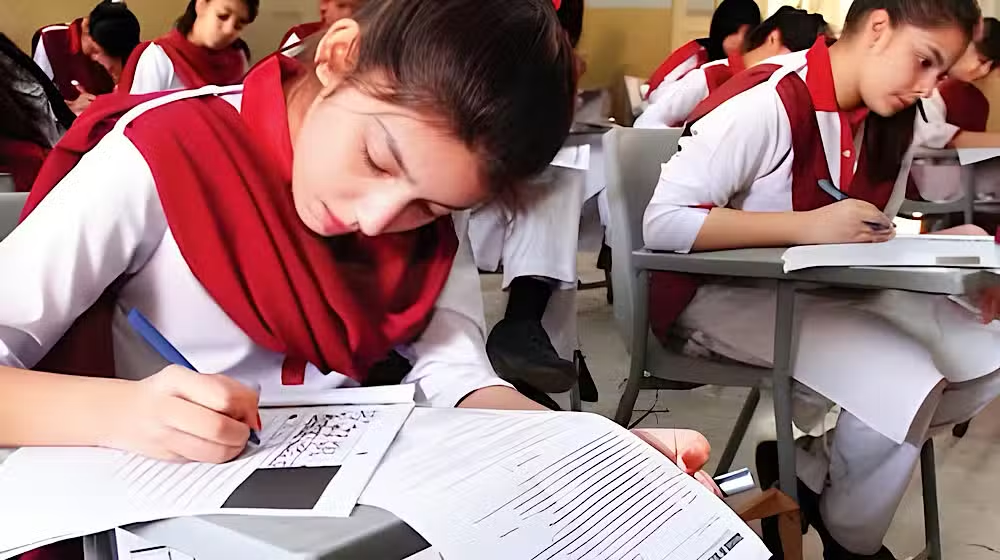Education is more than just attending school and earning degrees; it is a lifelong process that enriches minds, nurtures talents, and empowers individuals to achieve their full potential. It is the foundation upon which societies are built and the key to unlocking opportunities for personal and collective growth.
The Meaning of Education
Education refers to the process of acquiring knowledge, skills, values, beliefs, and habits through teaching, training, research, or self-study. It is not confined to the classroom; learning occurs in every facet of life—through experiences, interactions, and observations.
The term “education” originates from the Latin word educare, which means “to bring up” or “to lead forth.” This etymology reflects the purpose of education: to bring out an individual’s abilities and guide them towards growth and success.
Forms of Education
Education can be broadly categorized into three forms:
- Formal Education
- Delivered in structured institutions like schools, colleges, and universities.
- Follows a set curriculum and results in recognized certifications or degrees.
- Example: Studying mathematics in a classroom.
- Informal Education
- Happens outside formal settings and is unstructured.
- Involves learning through daily interactions, personal experiences, and observations.
- Example: Learning a recipe from a family member.
- Non-Formal Education
- Organized and intentional but occurs outside traditional schools.
- Example: Vocational training, online courses, or community workshops.
The Importance of Education
Education is a powerful tool for transformation, benefiting individuals and society in numerous ways:
1. Personal Development
- Enhances critical thinking, creativity, and problem-solving skills.
- Builds confidence and self-awareness.
2. Economic Growth
- Educated individuals contribute to the workforce and drive innovation.
- Higher education often leads to better job opportunities and financial stability.
3. Social Benefits
- Promotes equality and reduces poverty.
- Encourages civic participation and fosters understanding among diverse communities.
4. Improved Quality of Life
- Empowers individuals to make informed decisions about health, family, and finances.
- Enhances communication and interpersonal relationships.
Education Across Cultures
The value and methods of education vary widely across cultures and historical contexts. Some societies emphasize traditional and religious teachings, while others prioritize modern scientific knowledge. Despite these differences, the universal goal of education remains the same: to empower individuals to contribute meaningfully to their communities.
Challenges in Education
Despite its significance, education faces many challenges:
- Access to Education
- Millions of children and adults, especially in developing countries, lack access to quality education.
- Quality of Education
- Inadequate resources, outdated curricula, and untrained teachers can hinder learning outcomes.
- Gender Disparities
- In some regions, cultural norms restrict access to education for girls and women.
- Technological Barriers
- The digital divide limits access to online learning for marginalized groups.
The Role of Technology in Modern Education
Technology has revolutionized education by making knowledge more accessible and interactive:
- E-Learning Platforms: Websites and apps like Khan Academy and Coursera provide affordable courses.
- Virtual Classrooms: Tools like Zoom and Microsoft Teams enable remote learning.
- AI and Adaptive Learning: Tailor educational content to individual learning styles.
The Future of Education
The future of education lies in innovation and inclusivity:
- Personalized Learning: Adapting curricula to meet individual needs.
- Global Collaboration: Encouraging cross-cultural exchanges through virtual platforms.
- Focus on Lifelong Learning: Emphasizing continuous skill development in a rapidly changing world.
Conclusion
Education is the backbone of individual growth and societal progress. It shapes minds, builds character, and prepares individuals to navigate life’s challenges. As we strive to make education accessible, inclusive, and relevant for all, we pave the way for a brighter and more equitable future.
In essence, education is not just about acquiring knowledge; it is about shaping lives and creating opportunities. As Nelson Mandela famously said, “Education is the most powerful weapon which you can use to change the world.”




